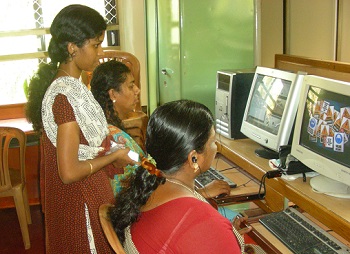LESSON
Lesson Learned: Strengthening Democratic Participation and Inclusive Local Development in Indigenous and Peasant Communities in Bolivia
Legal services projects can produce benefits both in terms of the “ends” - securing legal recognition- as well as through the “means” - process developed. Obtaining collective and individual legal identity is fundamental for human rights and democratic participation. At the same time, the process of applying for collective identity—through reflection and drafting of by-laws and internal regulation—can strengthen community organization, empower community leaders and open opportunities for socio-economic development.
Project Partner
Microjusticia Bolivia
Project Description
The project was implemented between 2014 and 2016 by the Fundación MicroJusticia Bolivia (MJB), a branch of Microjustice4All (MJ). The project objective was to legally and politically empower members and leaders of indigenous communities, women and men, in La Paz and Oruro to protect and exercise their civil and indigenous rights and participate in democratic decision-making processes. The project objectives included: an increase in the number of people holding basic legal documents; increased awareness in the target groups of the importance of having their basic legal documents (identity, legal, personality) in order; strengthened capacity of members, leaders and organizations of traditionally excluded indigenous communities to participate in democratic processes and to exercise their civil and indigenous rights; and improved access to basic legal documents through evidence-based inputs for institutional reforms through advocacy. The project was timely and relevant to participant needs and the political and cultural context in Bolivia. The potential impact could be extended beyond legal and political rights to also enhance socio-economic development once legalized communities are able to access government projects and resources. The project was cost-efficient and well managed. The project’s focus on community ownership contributed to sustainability of results, though Microjusticia’s own sustainability and ability to operate is dependent on additional external funding.
Report
Evaluation Date
August 2017
Theme
Country
